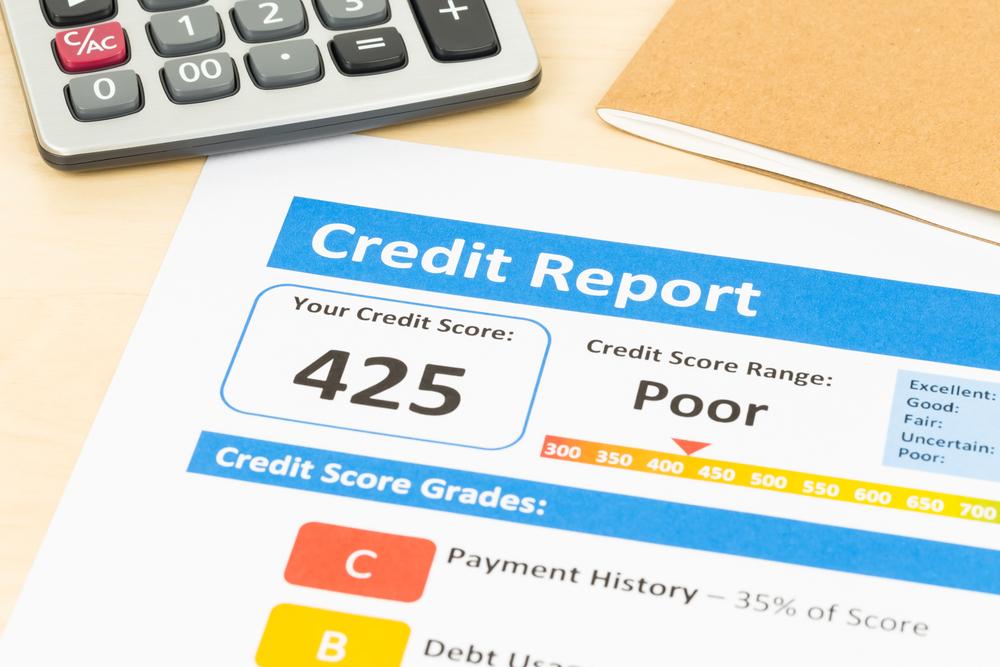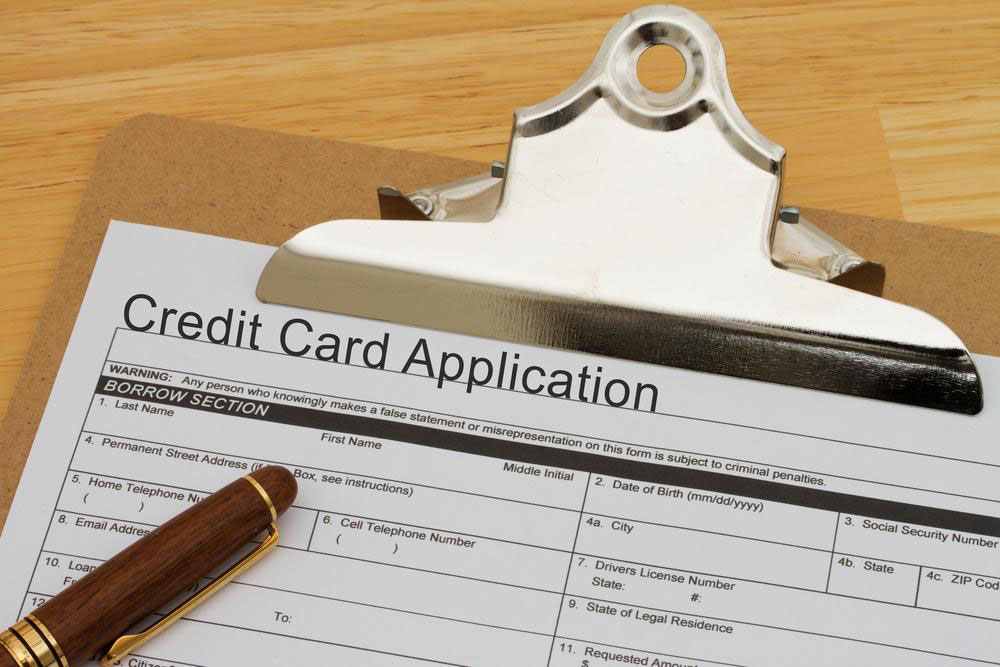Effective Strategies to Improve a Bad Credit Score and Rebuild Financial Health
Discover effective strategies to improve a poor credit score through responsible credit card use and disciplined financial habits. Learn about secured and unsecured cards, tips for managing credit, and how to monitor your progress for better financial stability. This comprehensive guide aims to help those with bad credit rebuild their financial reputation and access better credit opportunities over time.

Comprehensive Guide to Enhancing Your Low Credit Rating
Experiencing a poor credit score is a common issue faced by many Americans due to various financial setbacks such as bankruptcy, foreclosure, missed payments on healthcare, education, or other loans. A low credit score can pose significant barriers when trying to secure housing, qualify for rental agreements, obtain new cell phone plans, or even pursue employment opportunities that require credit checks. While restoring one’s credit profile may seem challenging, there are proven, effective methods to gradually rebuild credit and access financial products geared towards credit improvement.
One of the most accessible steps to improving a low credit score is to apply for credit cards specifically designed for individuals with less-than-ideal credit histories. These cards serve as tools for rebuilding credit while providing manageable borrowing options.
Types of Credit Cards Suitable for Credit Rebuilding
Unsecured Credit Cards: These are traditional credit cards that do not require any security deposit. They are widely used by consumers, but qualifying for them with poor credit can be difficult. Lenders evaluate your creditworthiness based on your financial situation and previous credit behavior. While approval may be challenging, persistence and responsible usage can lead to success in qualifying for such cards over time.
Secured Credit Cards: These are specially tailored for individuals rebuilding credit. They require a cash deposit which acts as collateral, effectively setting the credit limit and reducing the lender's risk. Using secured credit cards responsibly—making timely payments and keeping balances low—can positively impact your credit history and scores. These cards report to the three major credit bureaus—Experian, Equifax, and TransUnion—enabling your positive payment behavior to be reflected in your credit reports. Over time, responsible management can open avenues to unsecured credit cards and better financial products.
Strategies for Using Secured Credit Cards Effectively
Use the secured card for small, regular transactions to demonstrate active credit usage.
Pay bills on time, including utility bills, rent, and the credit card balance, to build a positive payment history.
Avoid maxing out your credit limit; maintain a low utilization rate to positively influence your credit score.
Pay off balances in full whenever possible to minimize interest charges and show responsible credit management.
Limit the number of new credit accounts opened simultaneously; multiple new accounts can signal financial instability.
Refrain from closing multiple accounts at once, as this can shorten your credit history and impact your scores negatively.
Important Factors to Consider When Choosing a Credit Card for Credit Rebuilding
Security Deposit Requirement: Make sure the deposit is affordable and manageable within your budget.
Interest Rates (APR): Review the APR rates for unpaid balances and ensure they are reasonable.
Benefits and Rewards: While some credit rebuilding cards offer rewards, prioritize low fees and manageable interest rates initially.
Approval Criteria: Choose cards that are known to accept applicants with poor credit scores, increasing your chances of approval.
Reporting to Credit Bureaus: Confirm that the issuer reports to all three main credit bureaus for comprehensive credit reporting.
Fees: Look for cards with low or no annual fees to maximize your savings.
Monitoring and Maintaining Your Credit Improvement
Regularly check your credit reports and scores through free annual reports available on AnnualCreditReport.com. This enables you to track your progress and identify any inaccuracies or fraudulent activity. Consistent, responsible credit management—timely payments, low utilization, and disciplined borrowing—can significantly improve your credit profile within months. A healthy credit score expands your access to better financial products with favorable interest rates and terms, helping you achieve your broader financial goals.
Final Advice for Rebuilding Your Credit
Rebuilding credit is a gradual process that requires patience, discipline, and strategic financial behavior. Start with secured credit cards or small credit-builder loans, keep your balances low, and make payments on time. Over time, these actions will demonstrate your reliability to lenders, opening the door to improved credit options and financial stability. Remember, maintaining a good credit score is beneficial not just for securing loans but also for reducing overall borrowing costs and enhancing your financial reputation in the long run.
Alway stay informed about your credit status by regularly reviewing your credit reports and scores for maintaining good financial health. Building or rebuilding credit is achievable with consistent effort and responsible management, ultimately empowering you with greater financial freedom and security.




